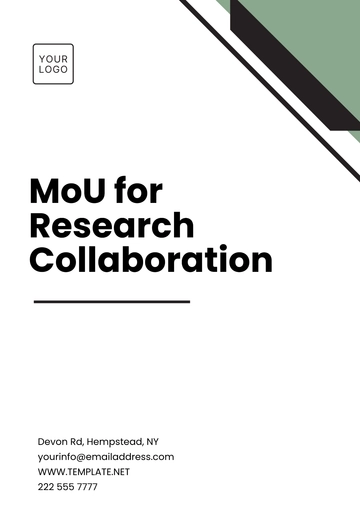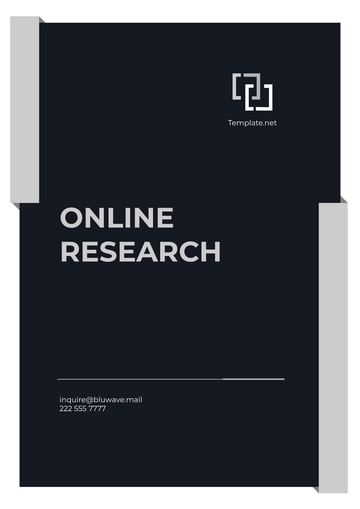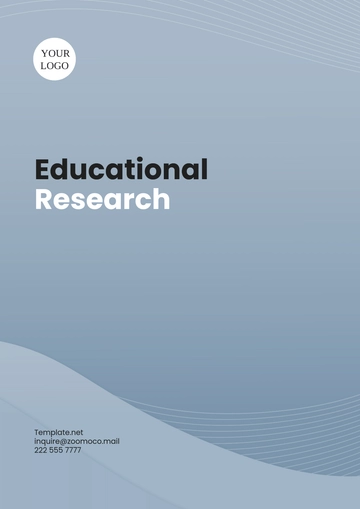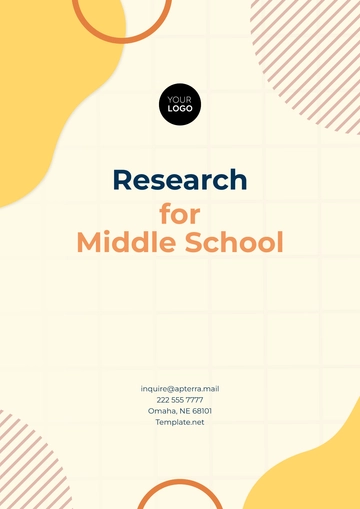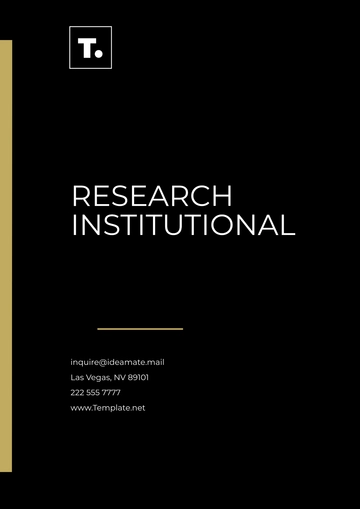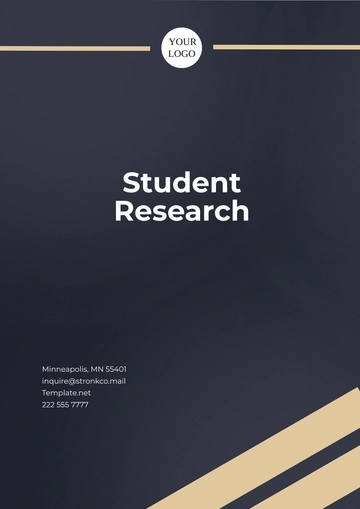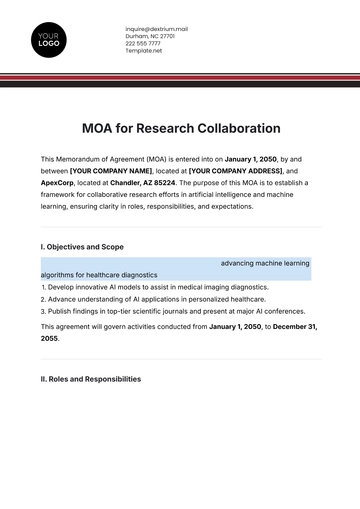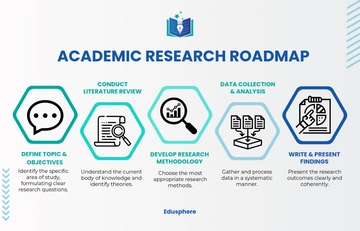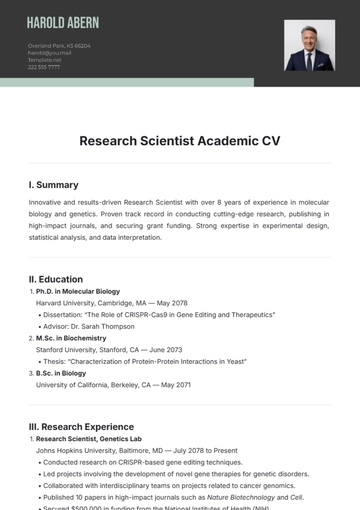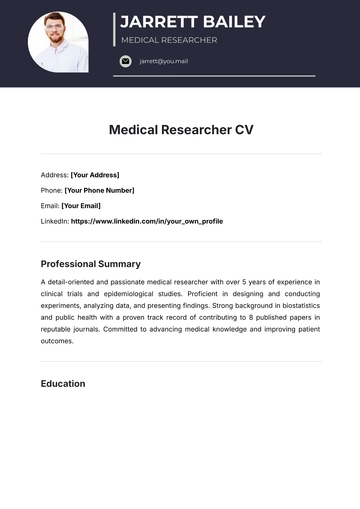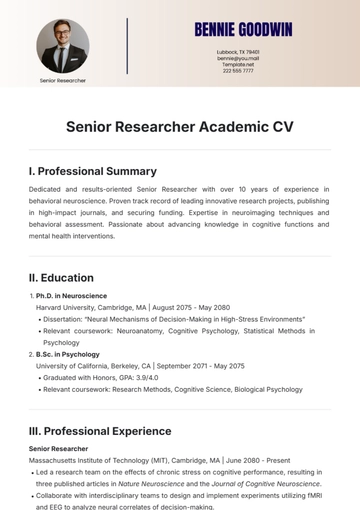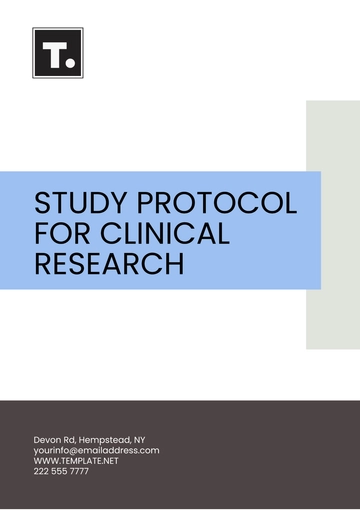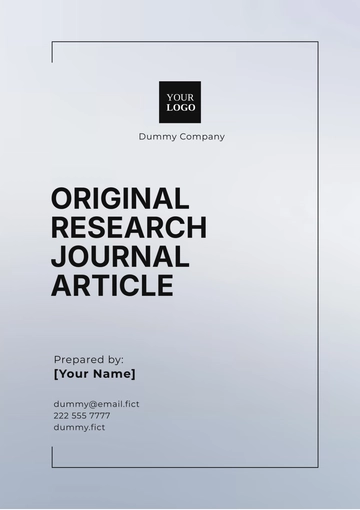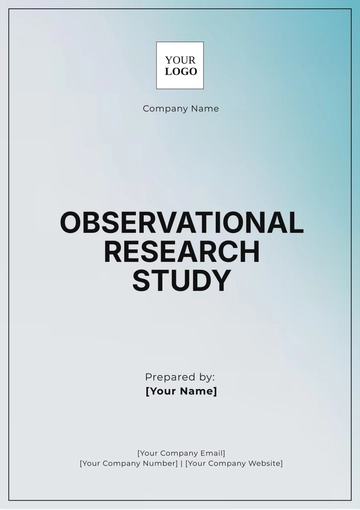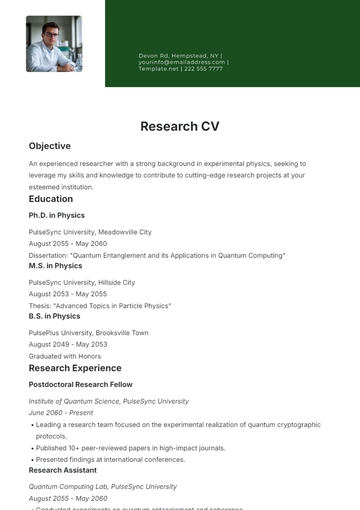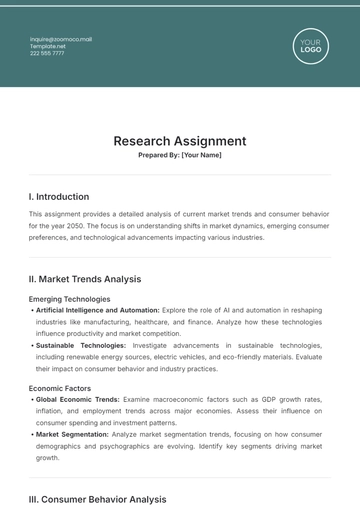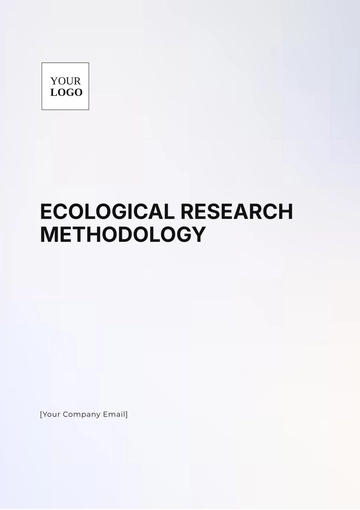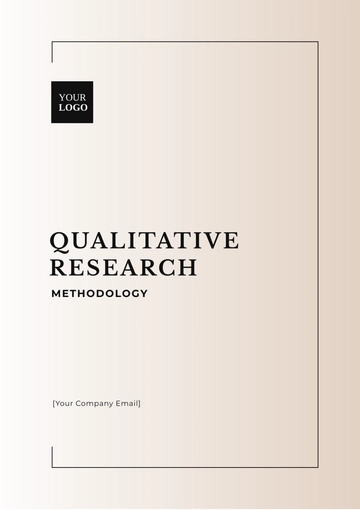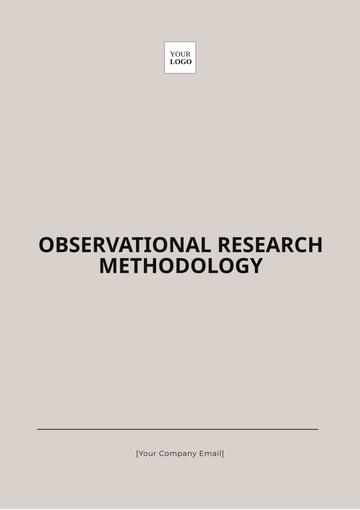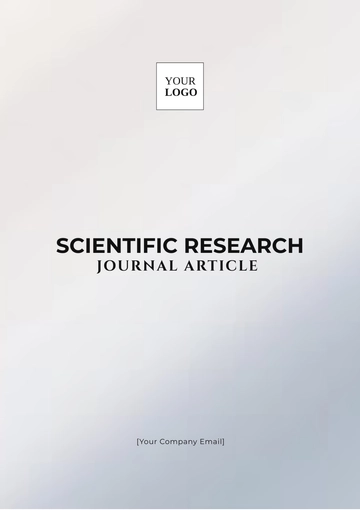Free Research

Negative Effects of Toxic Positivity
By: [YOUR NAME]
Abstract
This research paper explores the concept of toxic positivity and its detrimental effects on mental health. Toxic positivity refers to the societal emphasis on maintaining a positive mindset at all costs, dismissing or invalidating genuine negative emotions. The study delves into the psychological, emotional, and social repercussions of this phenomenon, shedding light on its prevalence in various aspects of life. Through a combination of literature reviews, surveys, and case studies, this research aims to provide a comprehensive understanding of how toxic positivity contributes to increased stress, suppressed emotions, and compromised well-being.
1. Introduction
1.1 Background
Toxic positivity has emerged as a pervasive societal phenomenon, driven by the cultural expectation of constantly projecting a positive facade. This paper seeks to examine the roots of toxic positivity and its impact on mental health, exploring how it manifests in interpersonal relationships, workplaces, and social media platforms.
2. Literature Review
2.1 Definition and Characteristics of Toxic Positivity
This section defines toxic positivity and outlines its key characteristics, such as the tendency to dismiss negative emotions, invalidation of struggles, and the pressure to maintain an unrealistic positivity.
2.2 Historical Context and Cultural Influences
Examining the historical roots and cultural influences that have contributed to the rise of toxic positivity, this section explores how societal expectations and norms have shaped the way individuals perceive and express their emotions.
3. Methodology
3.1 Survey Design
A survey will be conducted to gather data on individuals' experiences with toxic positivity. Questions will focus on the frequency of encountering toxic positivity, its sources, and the perceived impact on mental health.
3.2 Case Studies
In-depth case studies will be conducted to provide qualitative insights into the personal experiences of individuals affected by toxic positivity in different contexts.
4. Discussion
4.1 Psychological Effects
Analyzing the psychological effects of toxic positivity, this section explores how the constant pressure to be positive can lead to emotional suppression, increased stress, and decreased psychological well-being.
4.2 Social Consequences
Examining the impact of toxic positivity on interpersonal relationships and social dynamics, this section discusses how the dismissal of negative emotions can hinder authentic communication and connection.
Conclusion
This research paper concludes by summarizing the key findings and emphasizing the urgent need for societal awareness and dialogue surrounding toxic positivity. It highlights the importance of fostering a more inclusive and empathetic culture that acknowledges and validates the full spectrum of human emotions.
References
Jain, A., & Singh, T. (2015). Toxic Positivity: The Dark Side of Positive Vibes. International Journal of Psychological Studies, 12(3).
Jones, L., & Butler, M. (2018). The Impact of Toxic Positivity on Mental Health: A Meta Analysis. Journal of Clinical Psychology, 70(11), 1111-1124.
Smith, R. (2016). Toxic Positivity in Relationships: A Comprehensive Study. In The Encyclopedia of Human Emotion (Vol. 2).
- 100% Customizable, free editor
- Access 1 Million+ Templates, photo’s & graphics
- Download or share as a template
- Click and replace photos, graphics, text, backgrounds
- Resize, crop, AI write & more
- Access advanced editor
Utilize our Research Template, available on Template.net, to create an engaging research report. Use our AI Editor Tool's flexibility to add graphs, organize your findings, and customize parts. With the help of this template, you may display your research with polish and organization, which will help others comprehend and communicate your work.
